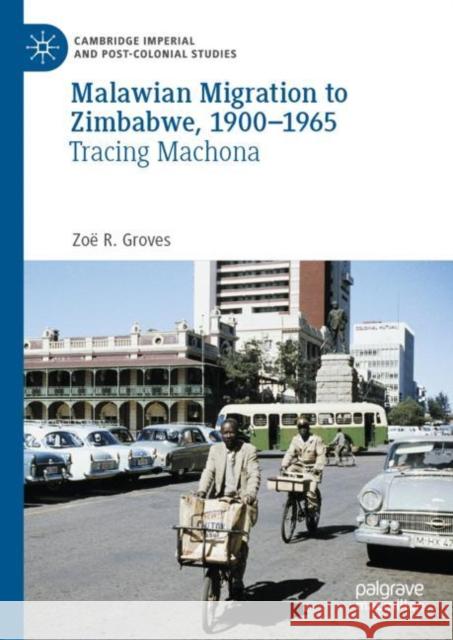Malawian Migration to Zimbabwe, 1900-1965: Tracing Machona » książka
topmenu
Malawian Migration to Zimbabwe, 1900-1965: Tracing Machona
ISBN-13: 9783030541033 / Angielski / Twarda / 2020 / 254 str.
Malawian Migration to Zimbabwe, 1900-1965: Tracing Machona
ISBN-13: 9783030541033 / Angielski / Twarda / 2020 / 254 str.
cena 483,04
(netto: 460,04 VAT: 5%)
Najniższa cena z 30 dni: 462,63
(netto: 460,04 VAT: 5%)
Najniższa cena z 30 dni: 462,63
Termin realizacji zamówienia:
ok. 22 dni roboczych.
ok. 22 dni roboczych.
Darmowa dostawa!
Kategorie BISAC:
Wydawca:
Palgrave MacMillan
Seria wydawnicza:
Język:
Angielski
ISBN-13:
9783030541033
Rok wydania:
2020
Wydanie:
2020
Numer serii:
000304516
Ilość stron:
254
Waga:
0.47 kg
Wymiary:
21.01 x 14.81 x 1.6
Oprawa:
Twarda
Wolumenów:
01
Dodatkowe informacje:
Wydanie ilustrowane











